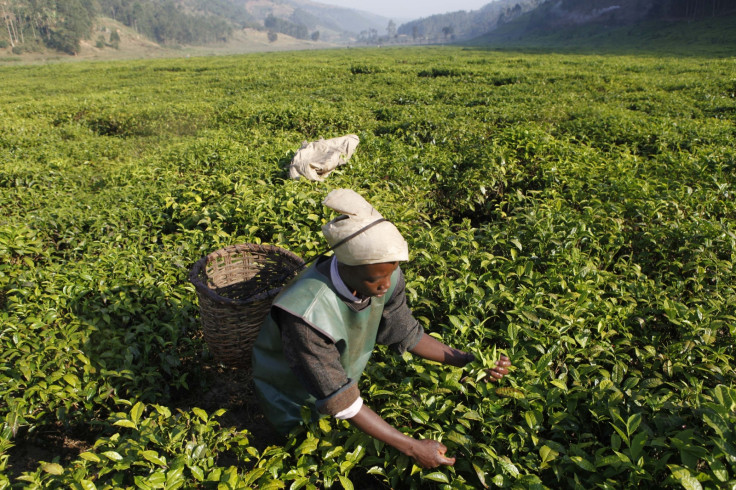Rwanda should be considered a conflict-free mineral country, minister urges

Rwanda should be considered a conflict-free mineral country as there has not been a war in the African nation since 1994, according to a Rwandan Minister. Evode Imena, Rwanda's minister for mining, said in a statement that the country made a clear effort to clean the mineral chain supply and argued that the fact that Rwanda is still included in the conflict-mineral countries list undermines its trade.
The minister continued: "Currently more money is spent complying with conflict mineral regulation than money spent for government taxes. We would like Rwanda to be considered as conflict-free because there is no conflict in Rwanda.
"Rwanda has made significant efforts to clean the mineral supply chain. One hundred per cent of the 3T minerals, tin, tantalum and tungsten, mined in Rwanda are traceable from the mine site up to the point of export. Despite all that has been accomplished, our efforts to improve are hampered by the fact that Rwanda was lumped together with nine other countries under Section 1502 of Dodd-Frank," he continued.
"Putting them in one group and applying a 'one size fits all' regulation is not only an impediment to efficient implementation of the regulations, but fails to recognise the efforts made and challenges faced by individual countries."
"Rwandan minerals should be considered conflict-free because there's no conflict in #Rwanda. There are no illegal mines" Hon. @EvodeImena
— RwandaEmbassyDC (@RwandaEmbassyDC) November 17, 2015Imena made the remarks during a hearing at the United States House of Representatives in Washington DC in which participants discussed the Dodd-Frank Wall Street Reform and Consumer Protection Act (commonly knows as Dodd-Frank).
The act was signed into law by US President Obama in 2010 and aimed at regulating and imposing restriction on conflict mineral trades.
According to the law, companies must disclose information on the source of minerals from the Democratic Republic of Congo (DRC) and neighbouring countries.
In particular, section 1502 of the law aimed at addressing whether minerals such as cobalt, tungsten, cassiterite, coltan and gold fuelled the conflict in the DRC, one of the richest African nations in terms of resources.
Mineral resources looting has benefited not only the Congolese army and militant groups in the nation but also surrounding countries Rwanda, Burundi Angola and Uganda.
Rwanda economy and Kagame's role
Rwanda does not have many natural resources and its economy is based on agriculture. However, the mining industry generates millions of dollars' worth of revenue every year and minerals present in the country include cassiterite, wolframite, gold, and coltan.
The country's economy suffered during the 1994 genocide during which at least 800,000 Tutsi and moderate Hutu were killed in three months. The end of the civil war saw the rise of Paul Kagame, who has been the country's president since 2000.
The Rwandan government recently backed a proposition to amend the constitution to allow Kagame to run for another term. Among other things, Kagame supporters argue the president has managed to lift millions of people out of poverty and boost the country's economy. However, some believe the country heavily relies on foreign aids.
© Copyright IBTimes 2025. All rights reserved.






















